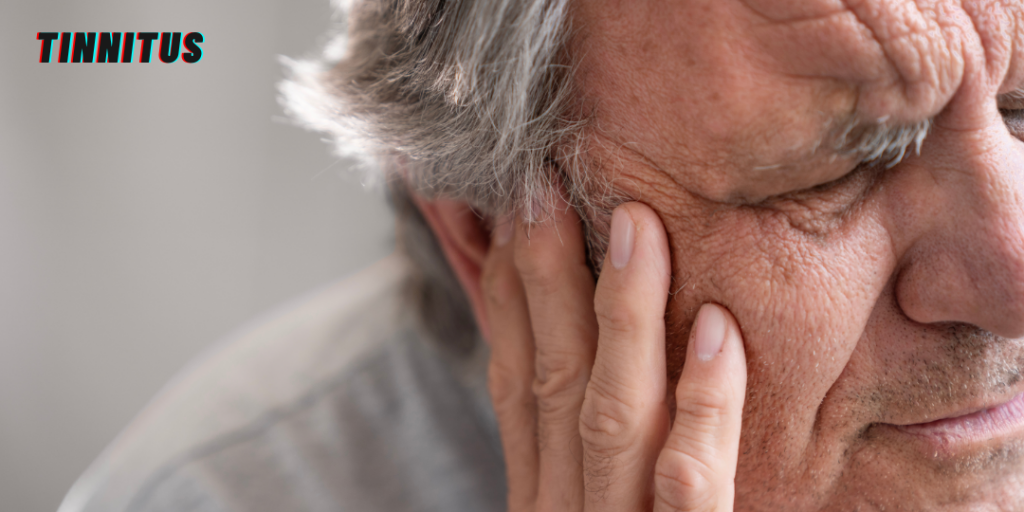Tinnitus Management and Prevention: How to Reduce Symptoms and Protect Your Hearing

Tinnitus, commonly described as ringing or buzzing in the ears, affects millions of people worldwide. While it is not a disease itself, it is often a symptom of underlying conditions such as hearing loss, exposure to loud noise, or circulatory issues. Managing tinnitus effectively can greatly improve quality of life.
Common Causes of Tinnitus
Understanding what triggers tinnitus can help in finding the right management strategies. Some of the main causes include:
- Exposure to loud noise – Frequent exposure to loud sounds can damage ear cells and lead to persistent ringing.
- Hearing loss – Age-related hearing decline often results in tinnitus.
- Ear infections or blockages – Wax buildup and infections can amplify internal ear sounds.
- Medications – Some drugs, such as high doses of aspirin, can trigger tinnitus.
- Stress and anxiety – Psychological factors can intensify the perception of ringing.
Effective Management Strategies
Although there is no cure for tinnitus, several techniques can help manage symptoms:
- Sound therapy – Using white noise machines, soft music, or nature sounds can mask tinnitus.
- Cognitive Behavioral Therapy (CBT) – Helps individuals cope with the condition by changing their perception of the noise.
- Hearing aids – Beneficial for those with hearing loss, as they enhance external sounds and reduce the prominence of tinnitus.
- Reducing caffeine and alcohol – These substances can aggravate symptoms in some individuals.
- Relaxation techniques – Meditation, deep breathing, and yoga can help lower stress levels, which may alleviate tinnitus.
Preventing Tinnitus
Taking proactive steps can help prevent tinnitus from developing or worsening:
- Use ear protection when exposed to loud noises, such as concerts or industrial work.
- Keep ear hygiene in check, avoiding excessive earwax buildup.
- Maintain a healthy lifestyle, including regular exercise and a balanced diet to support circulation.
- Avoid prolonged exposure to loud music by using noise-limiting headphones.
By understanding and implementing these strategies, individuals with tinnitus can experience significant relief and prevent further hearing damage. If symptoms persist, consulting an audiologist is recommended to explore advanced treatment options.




